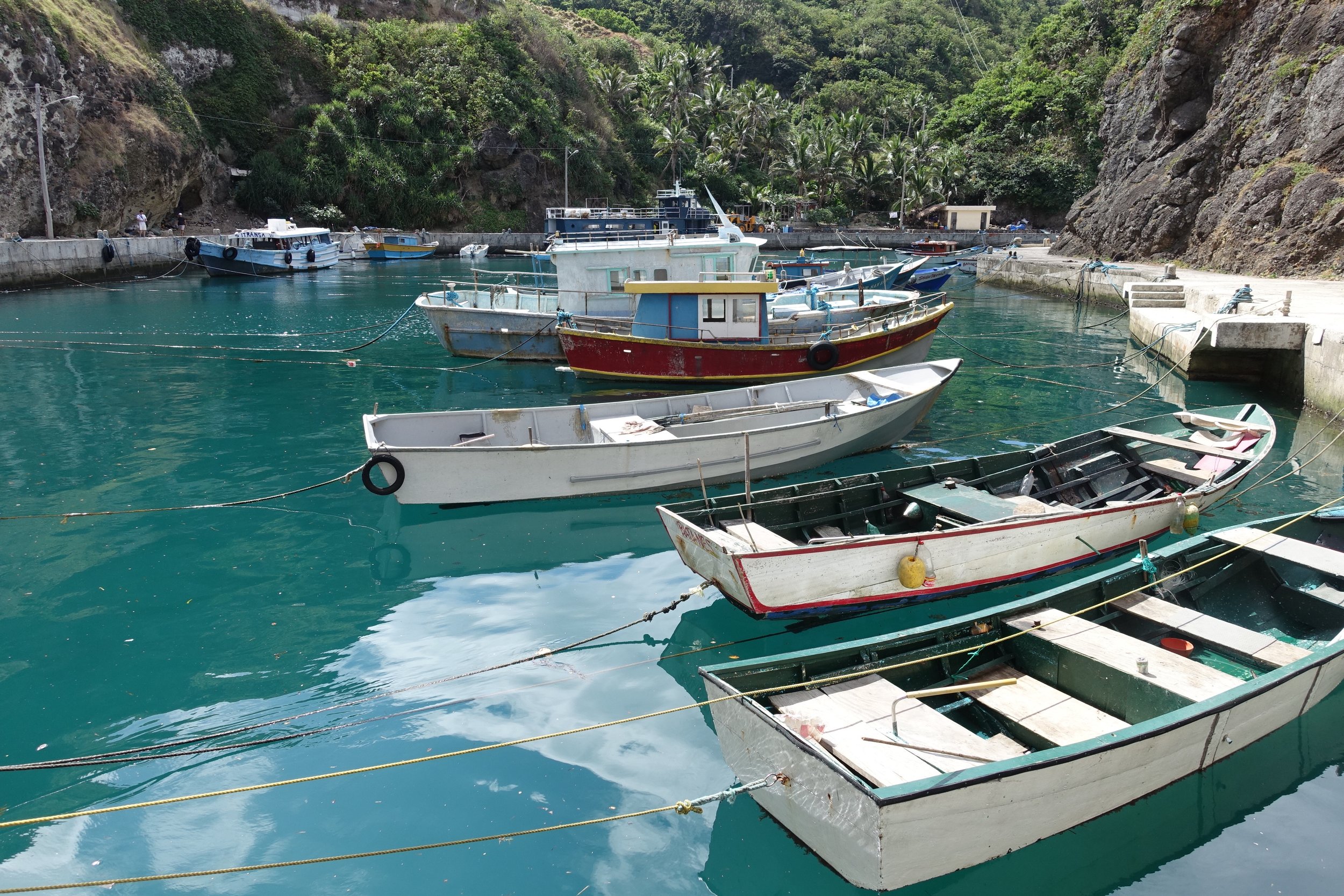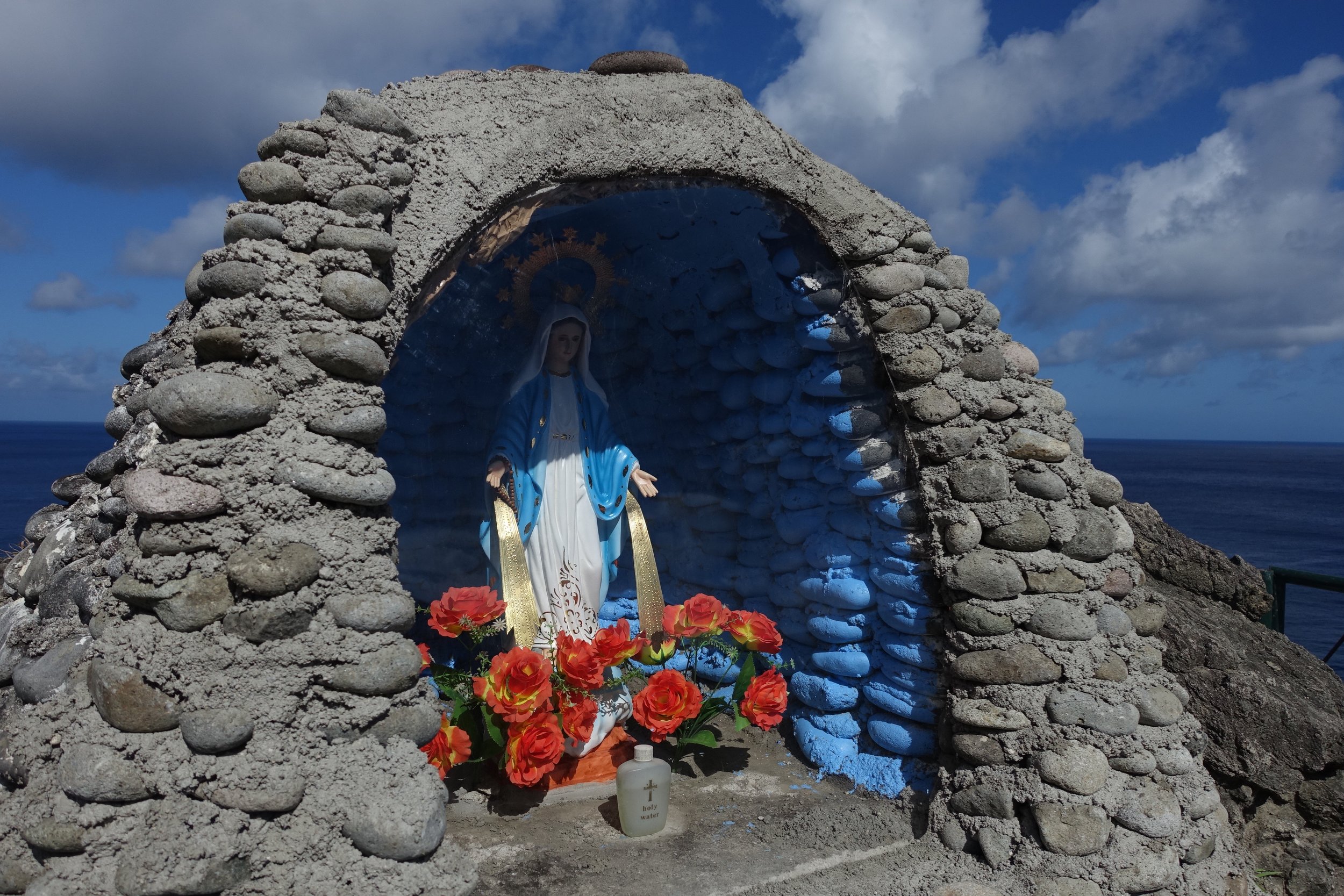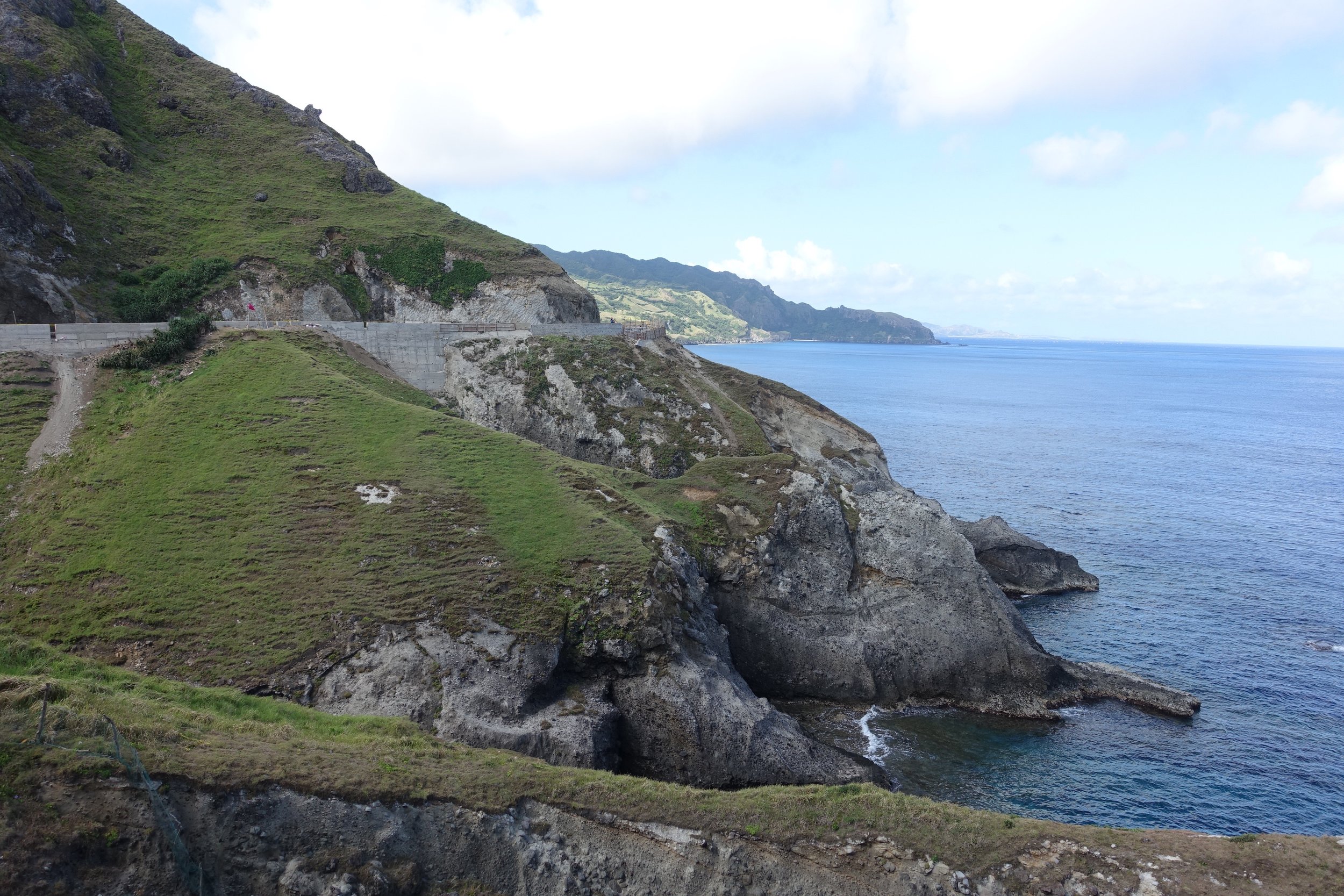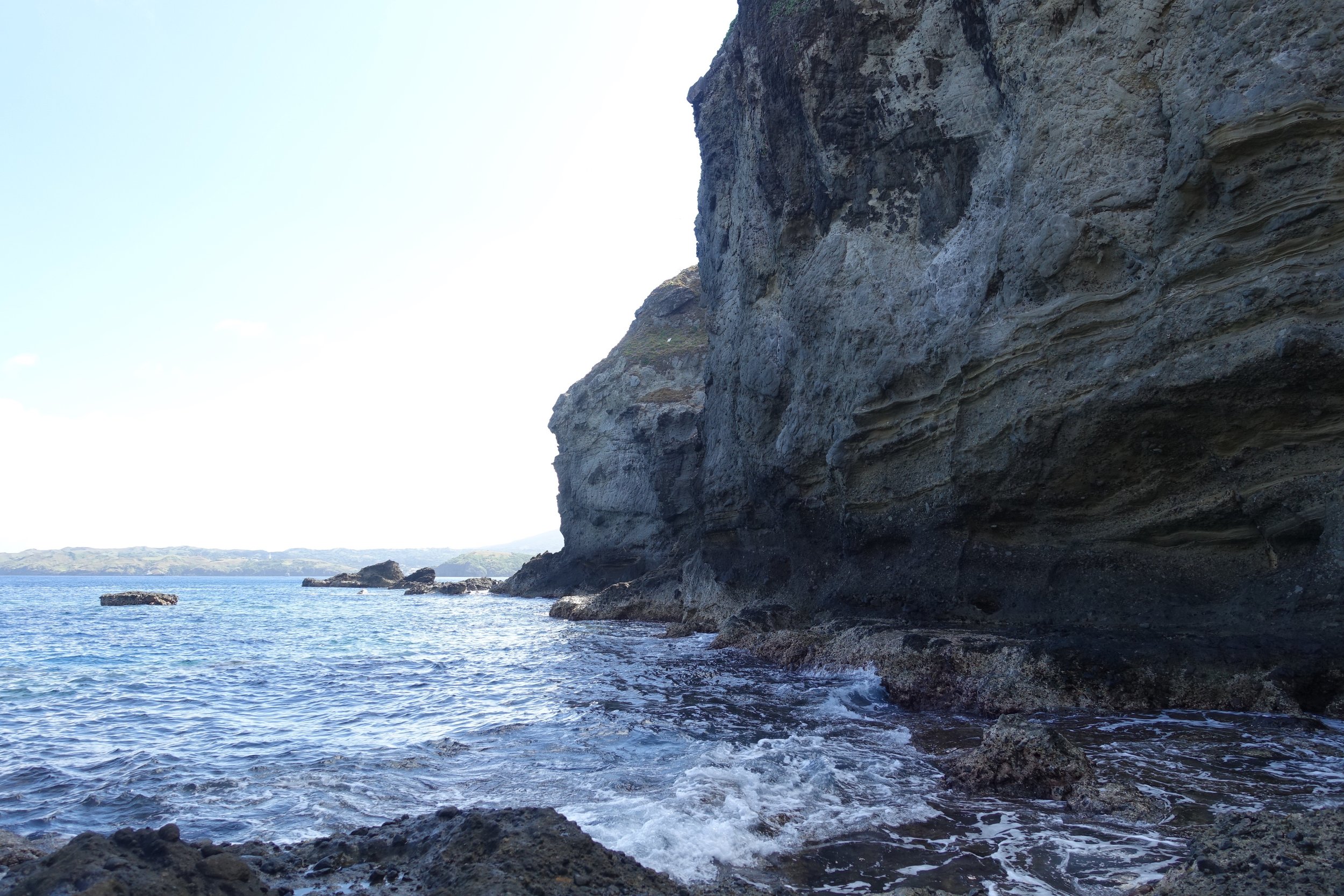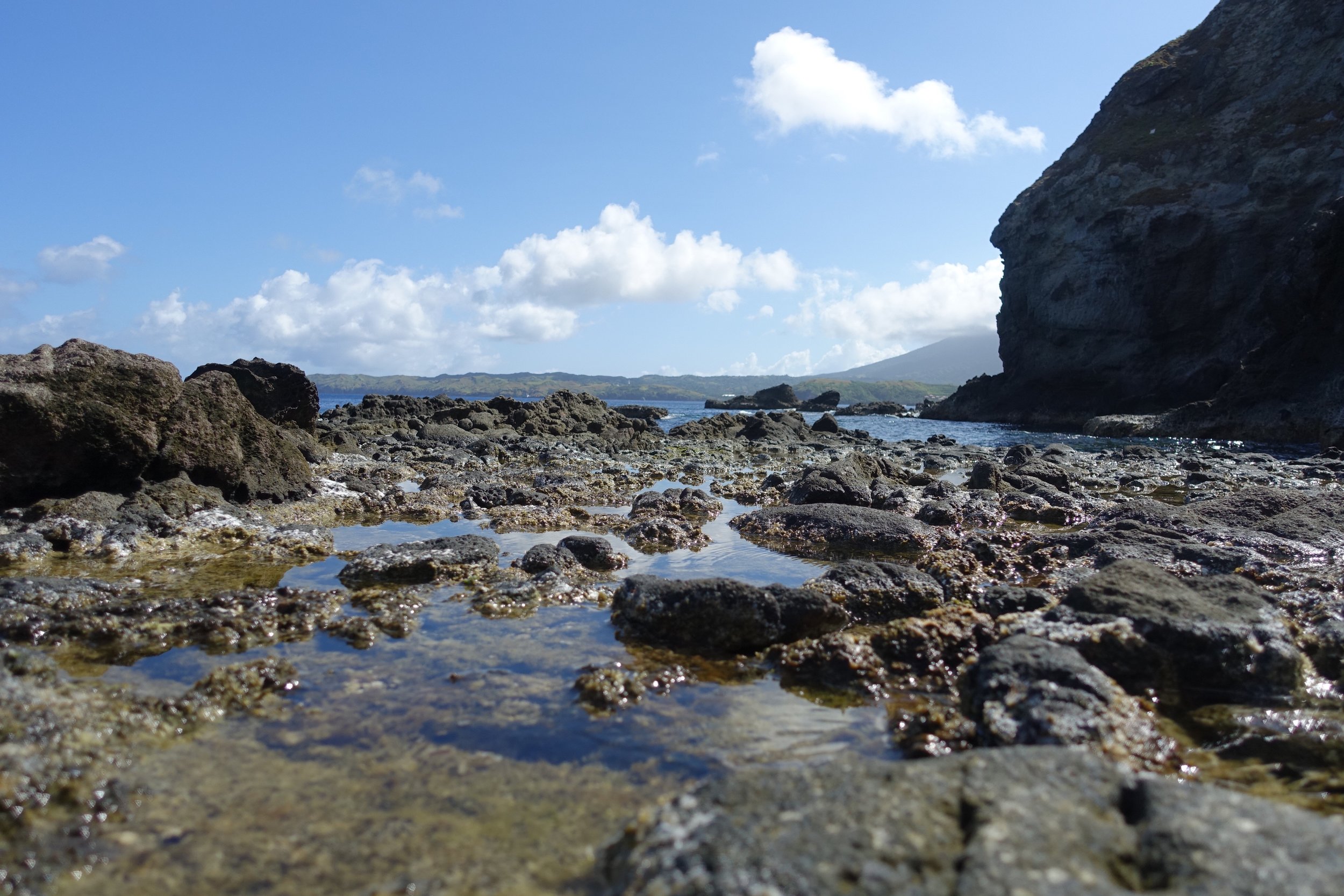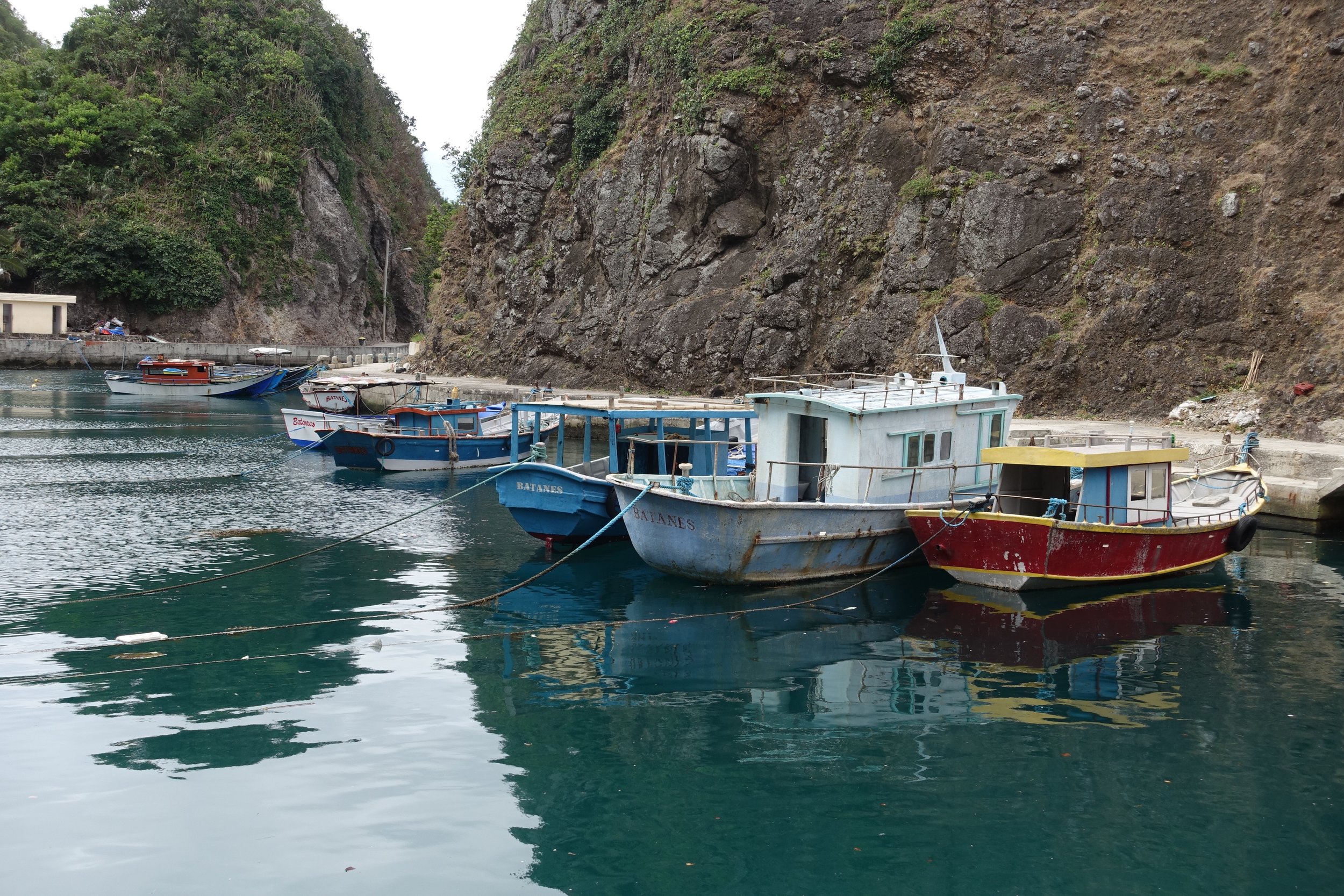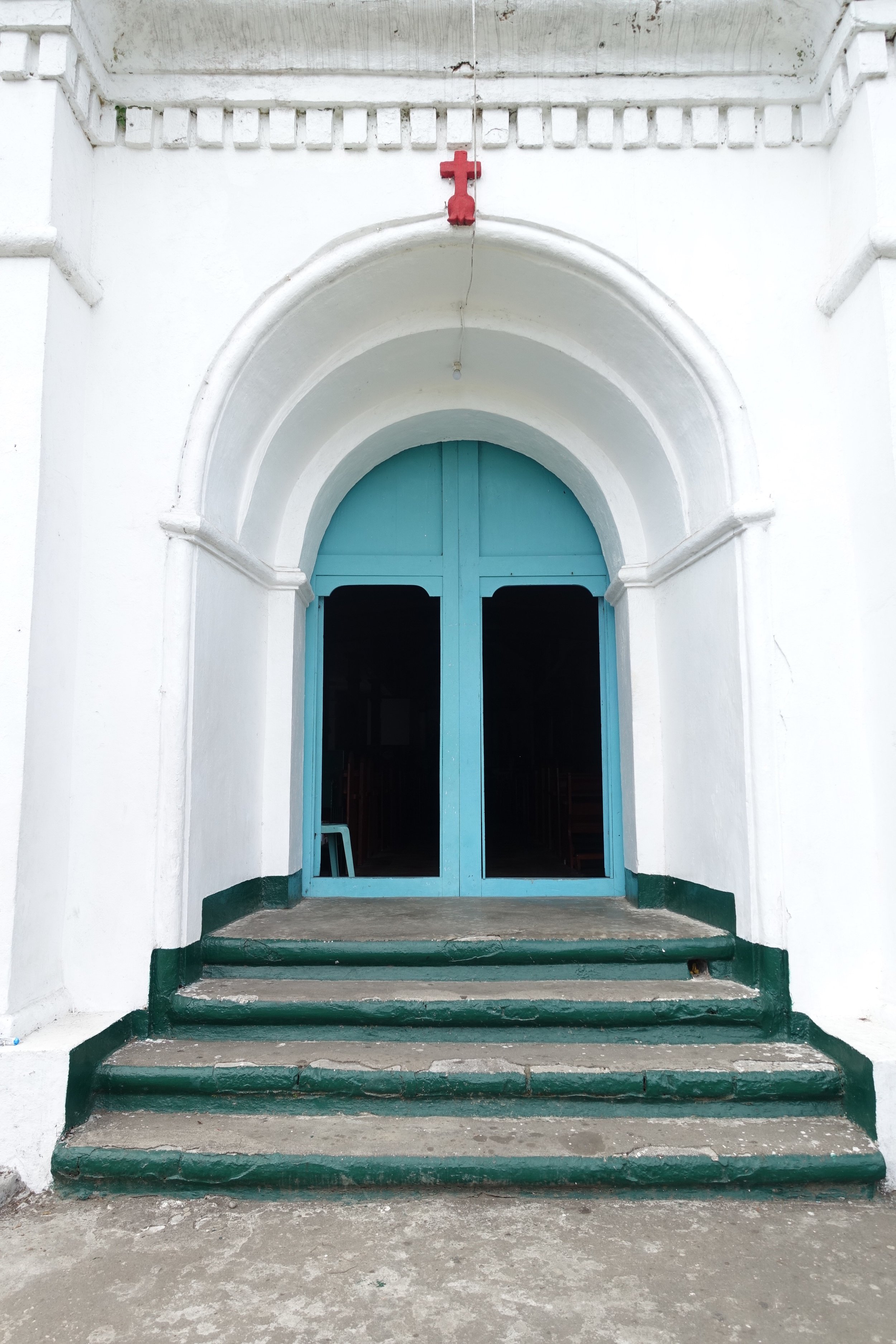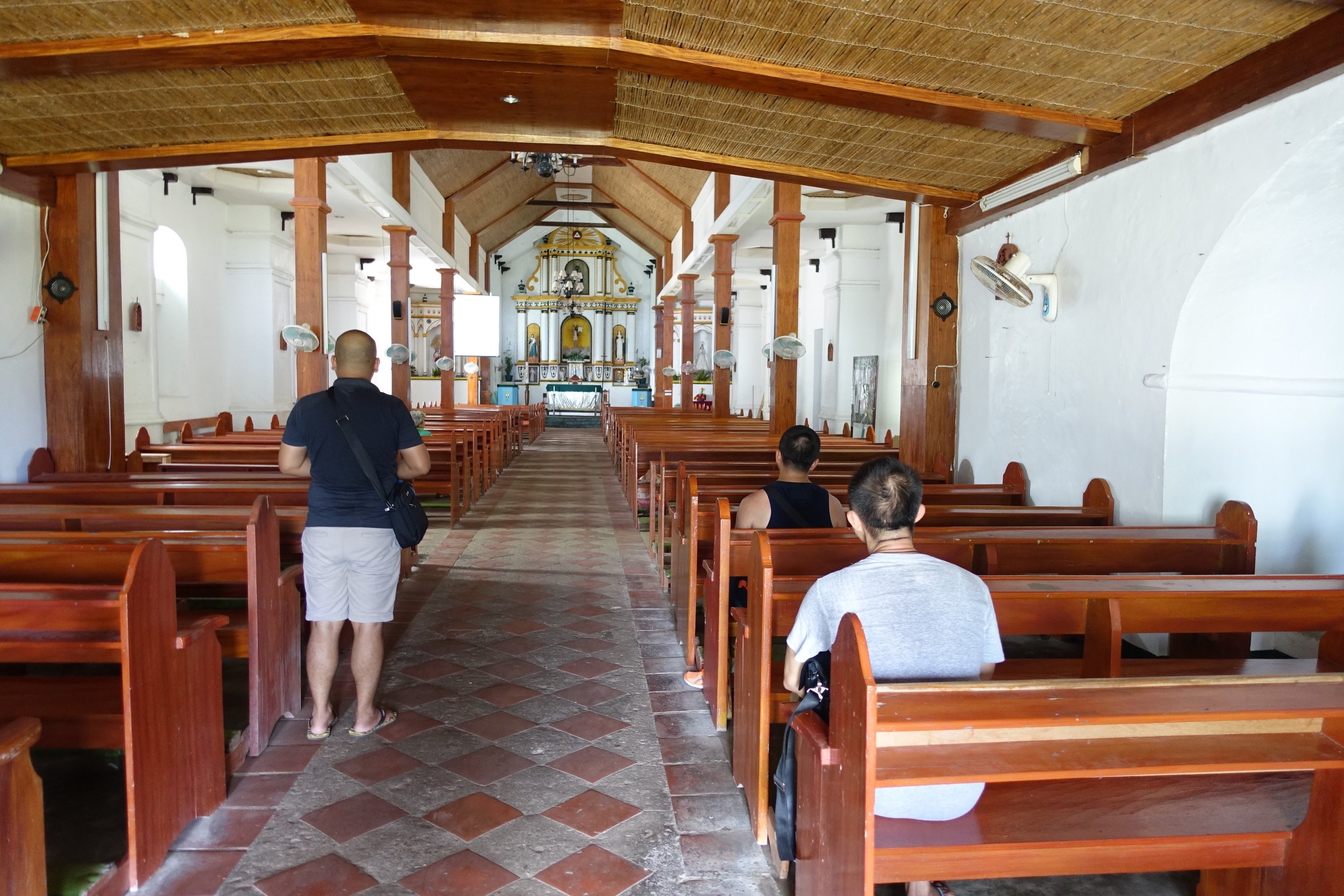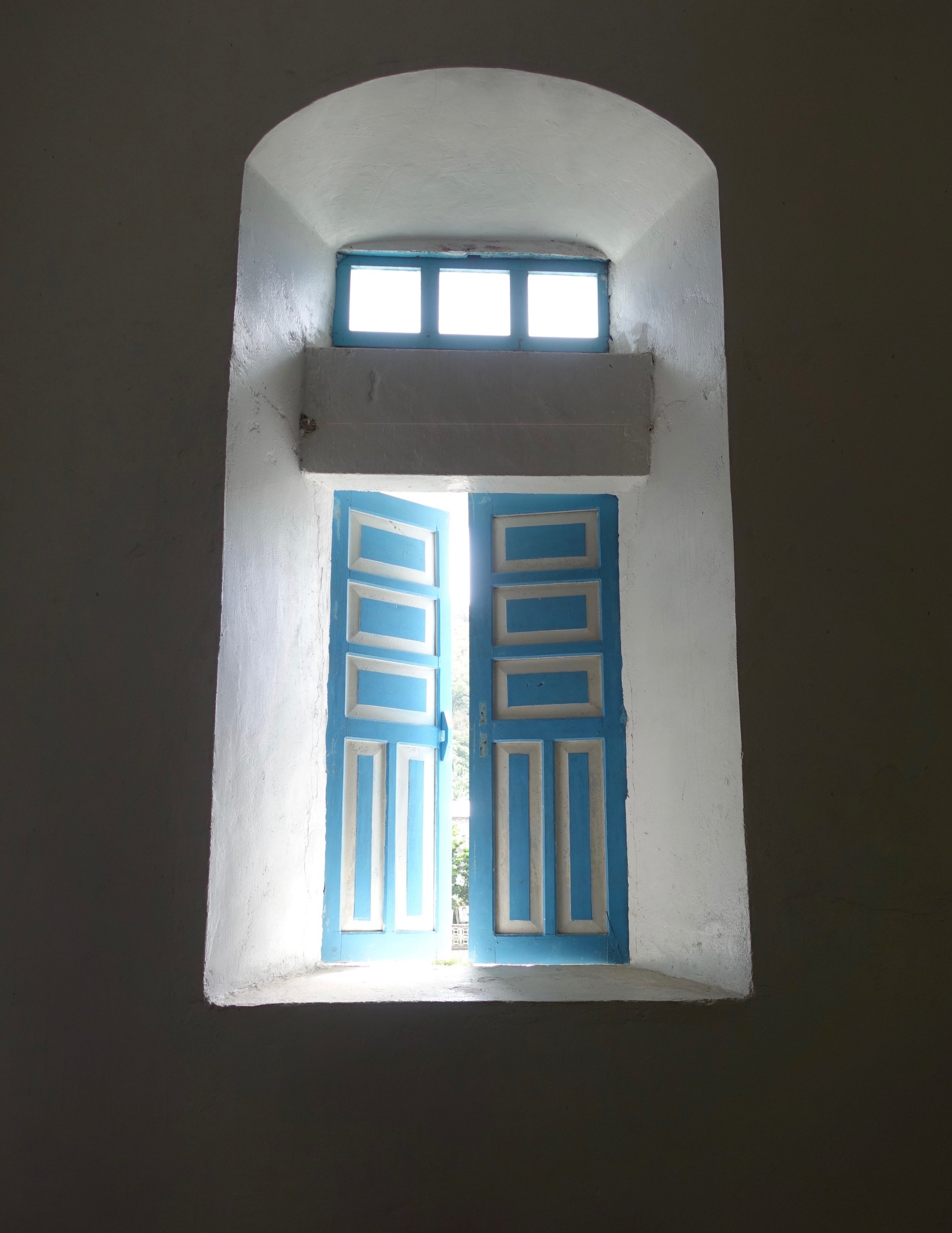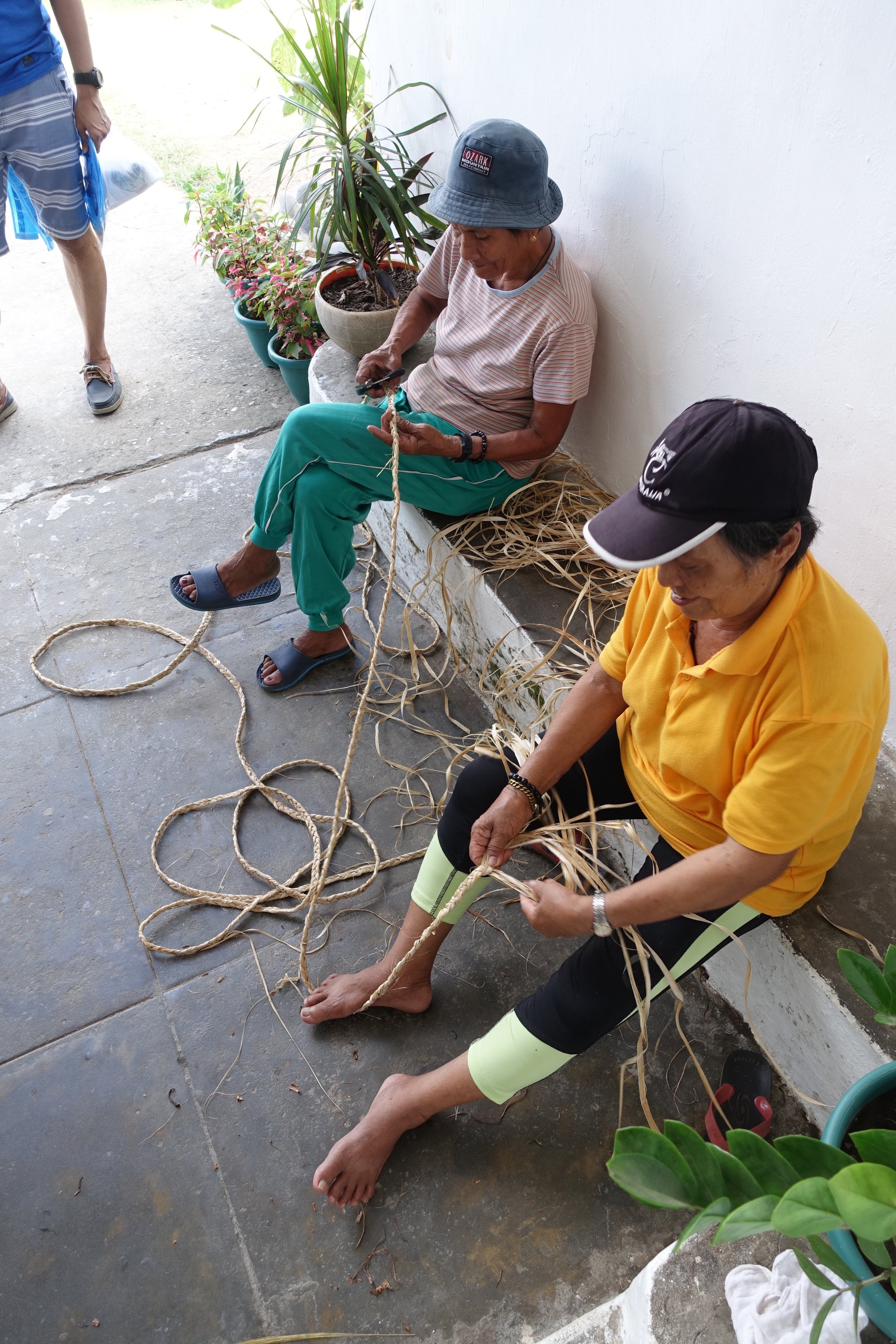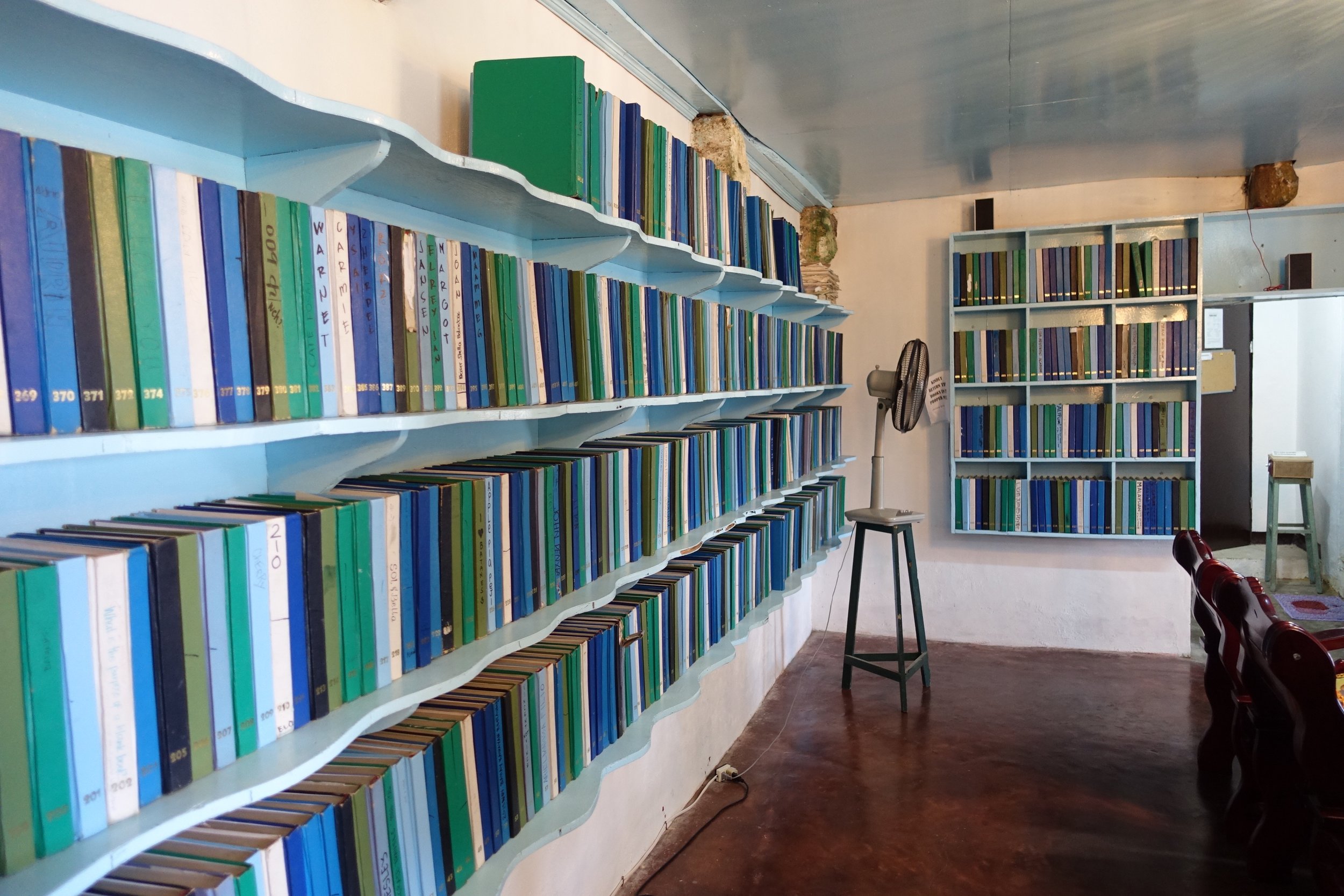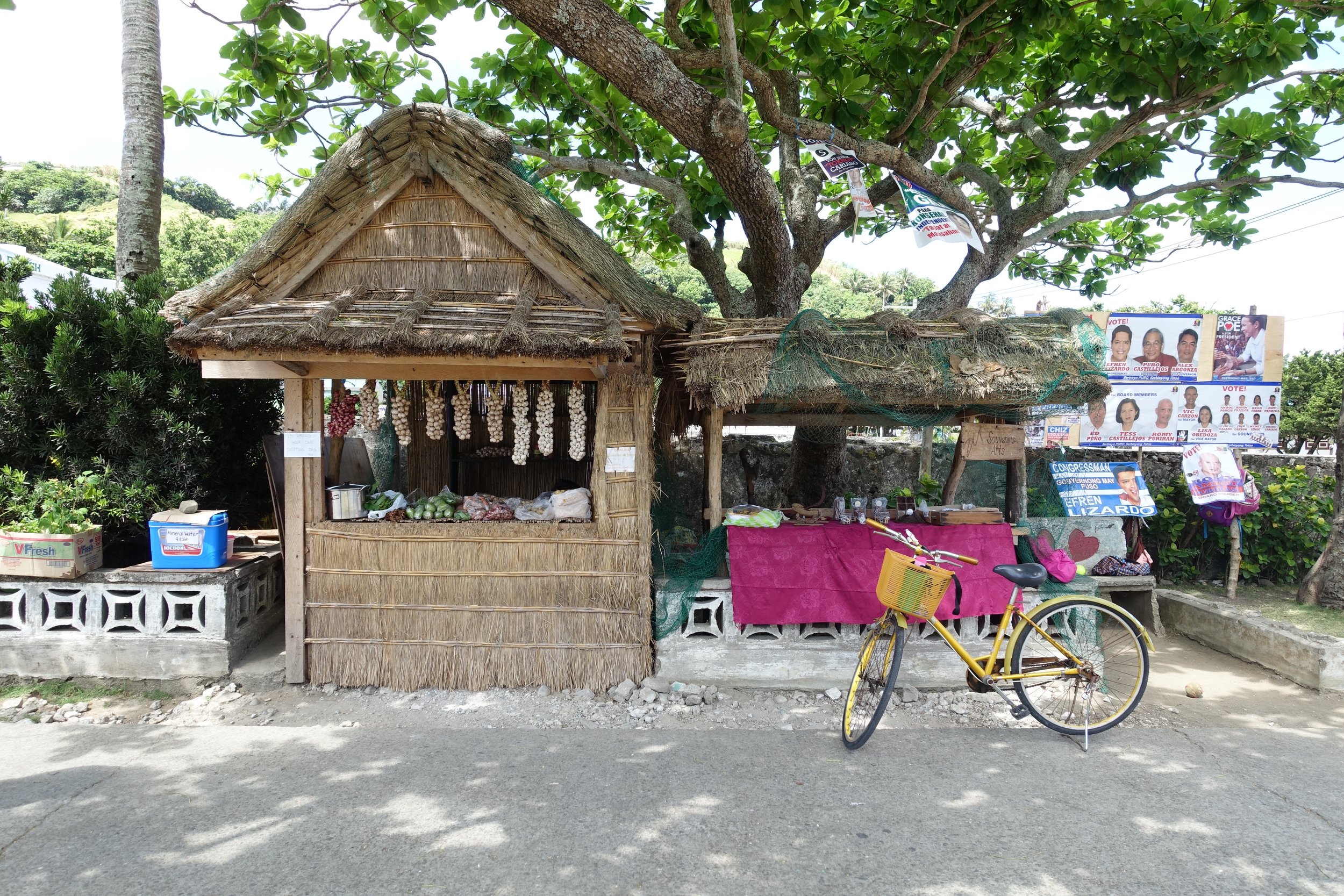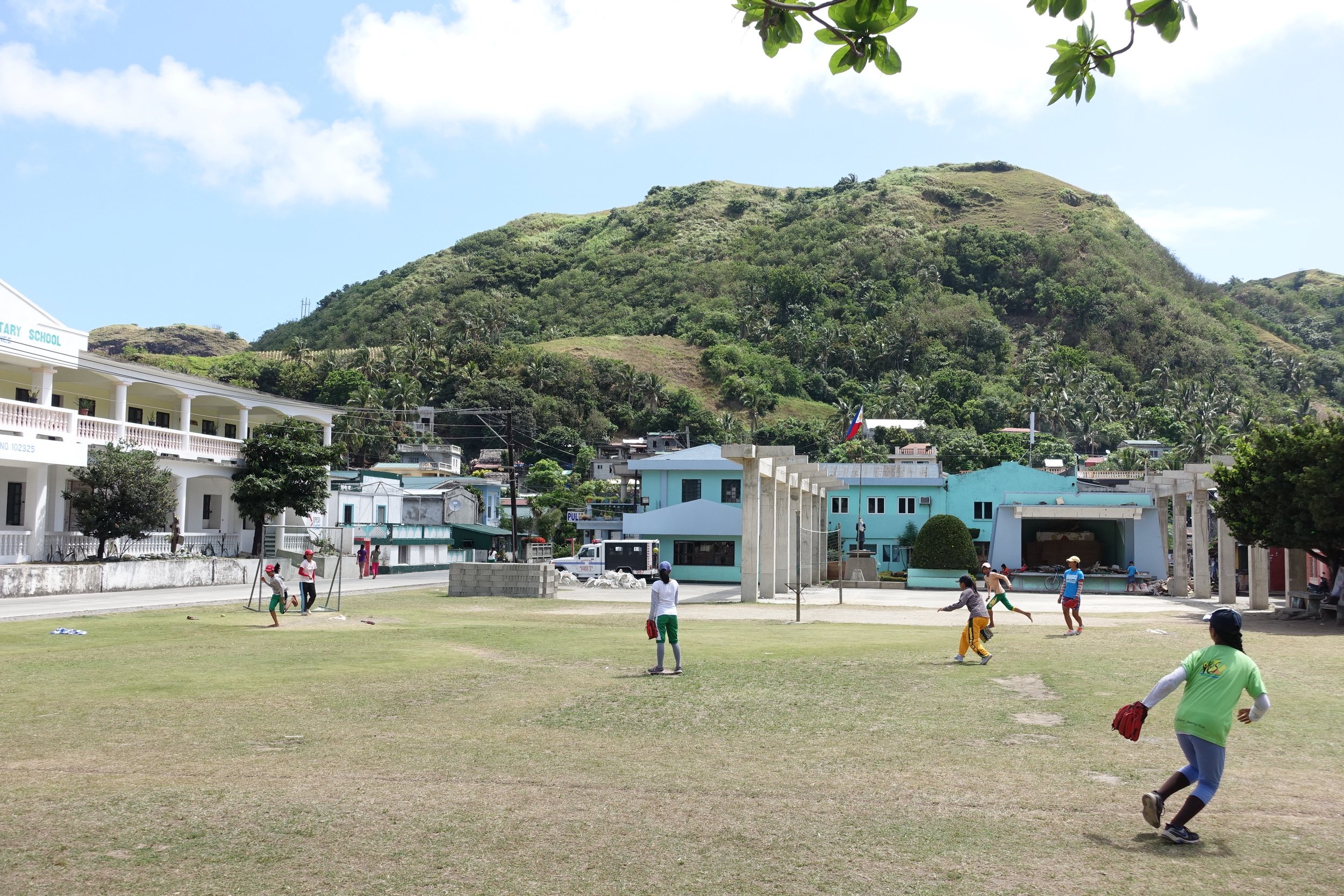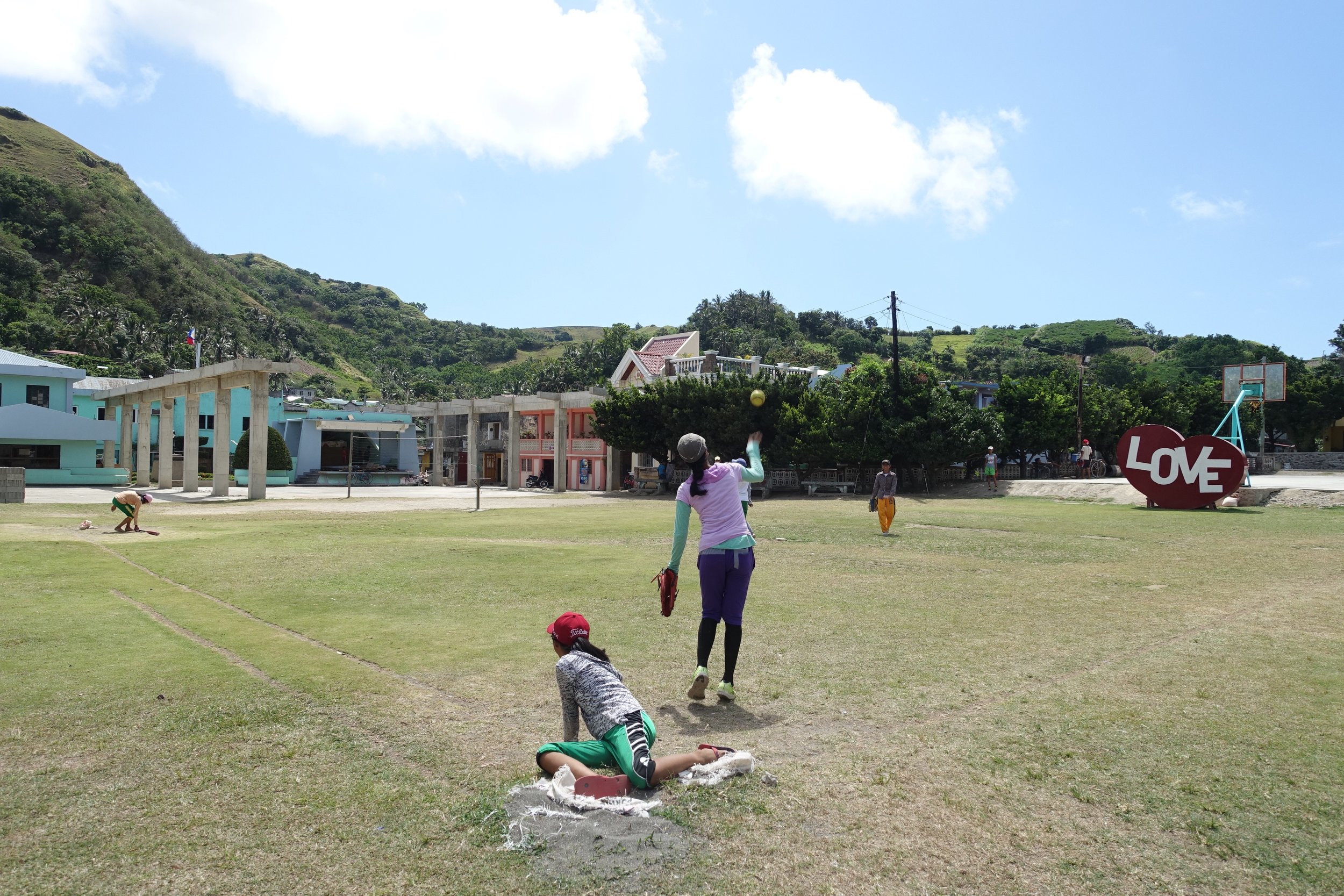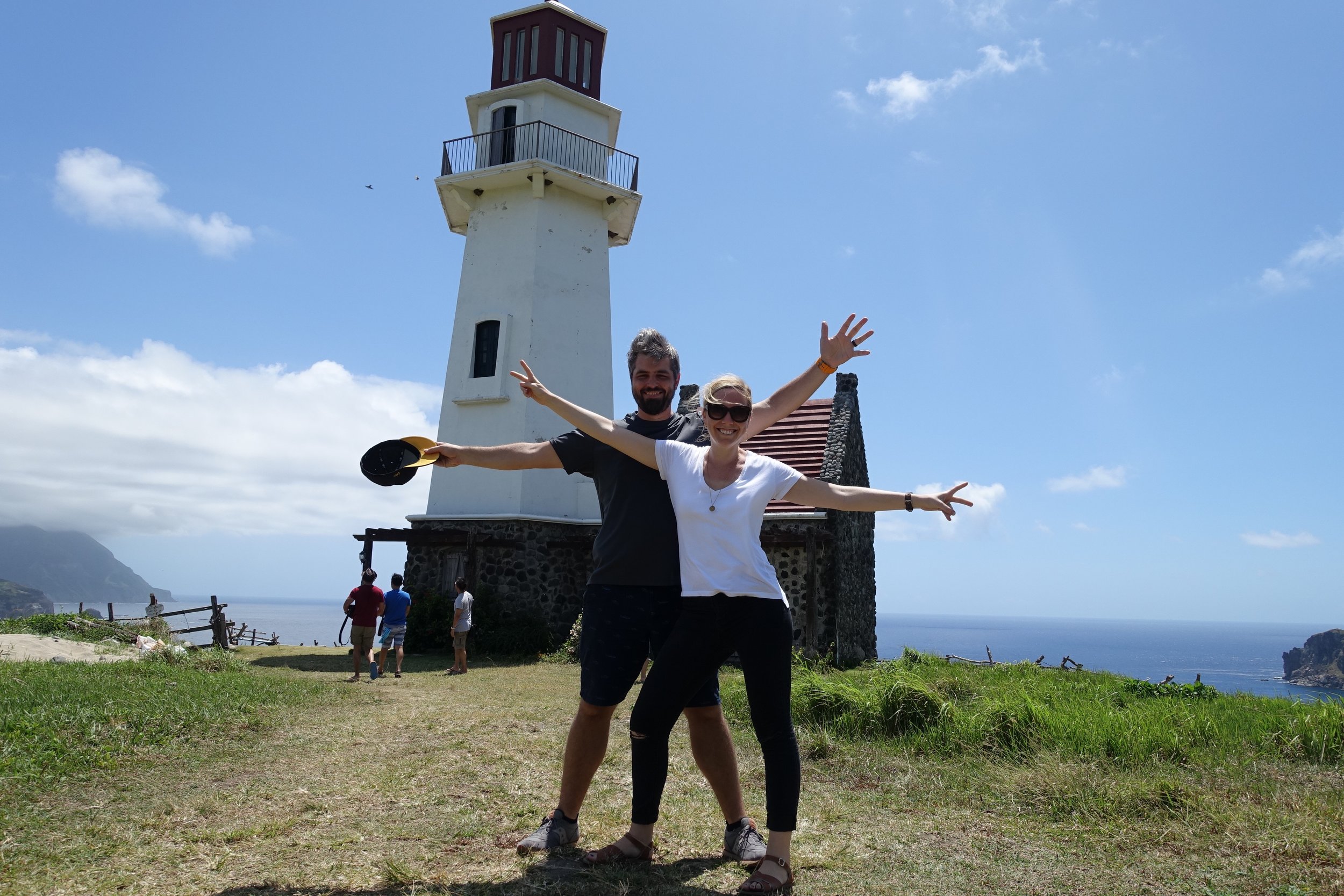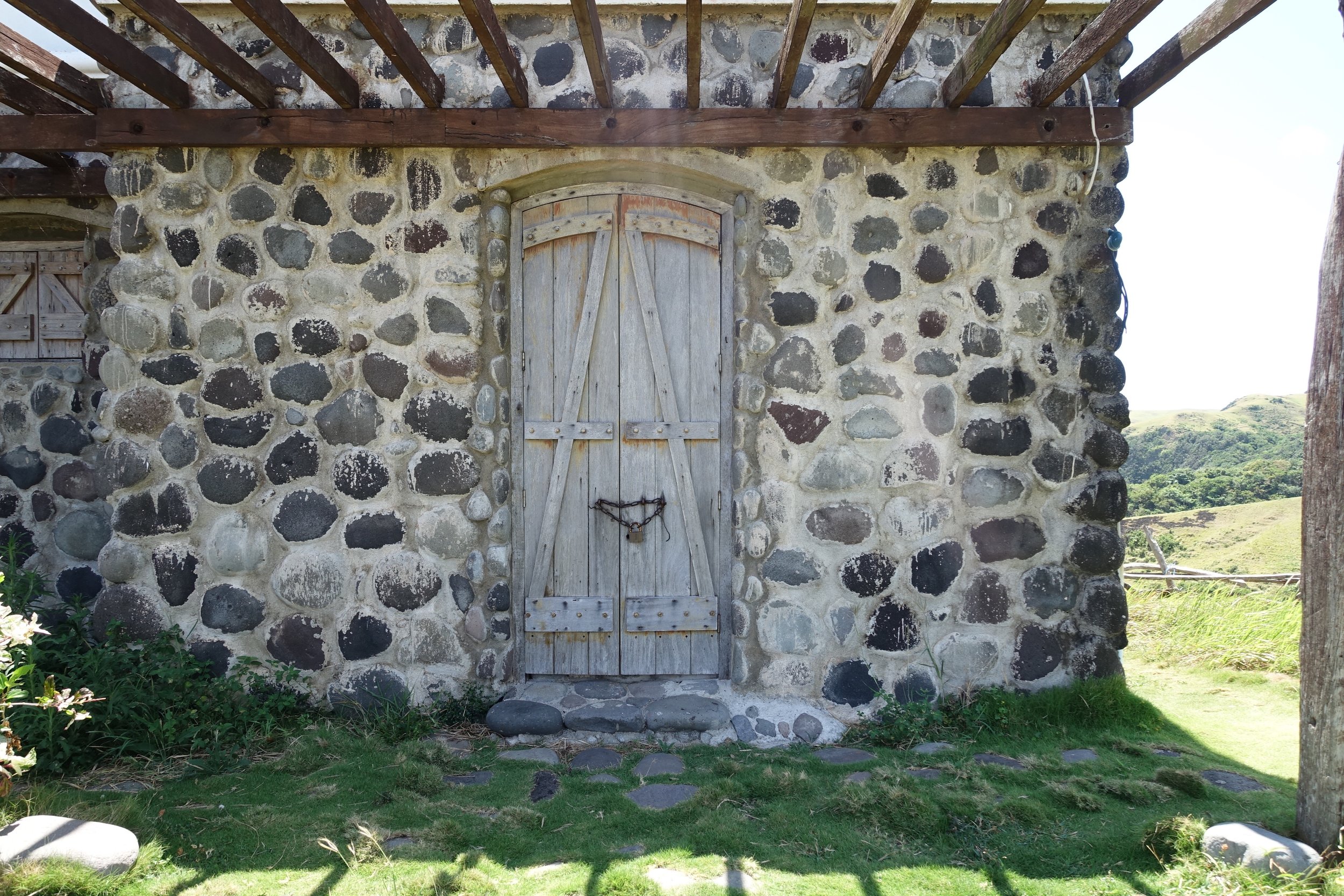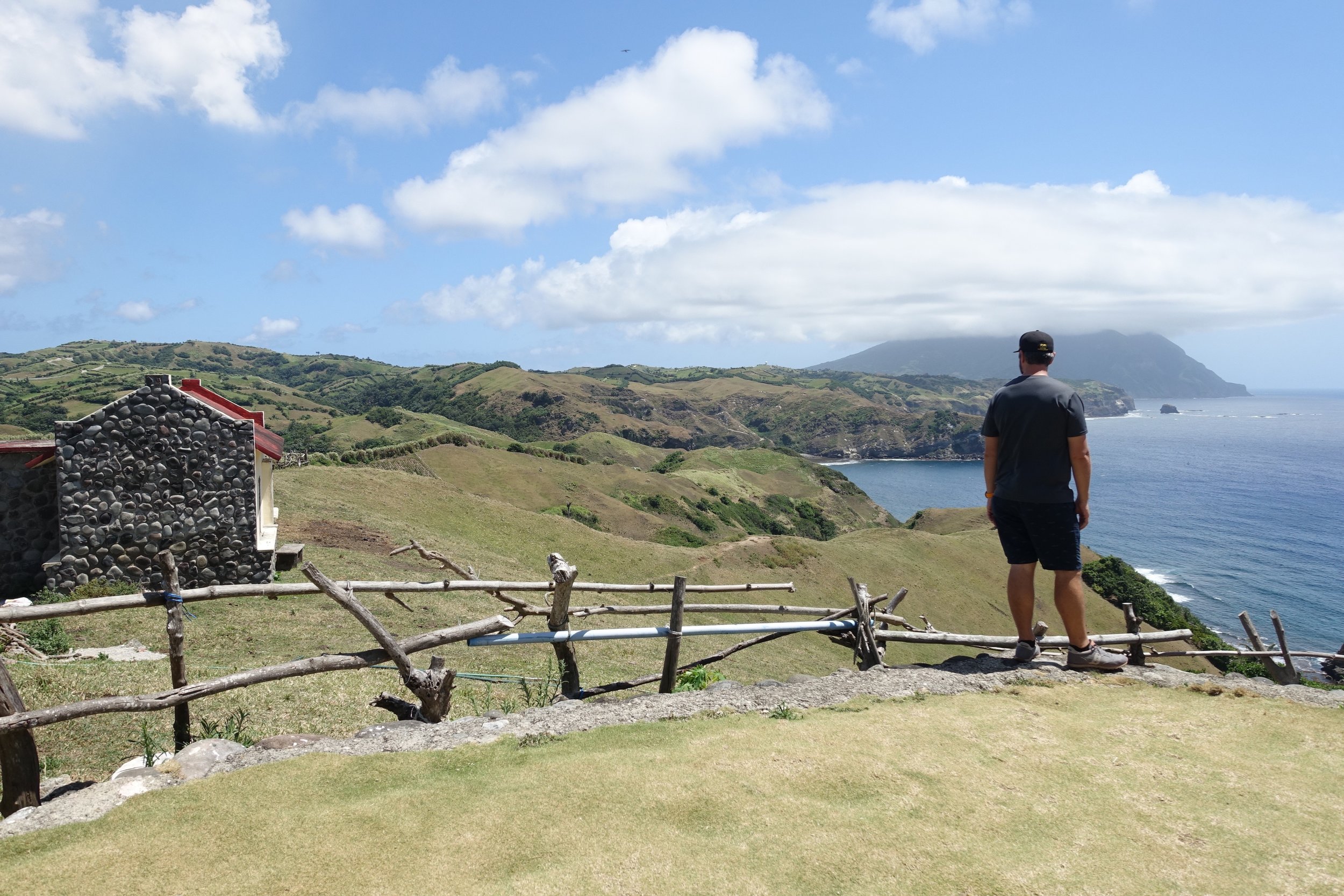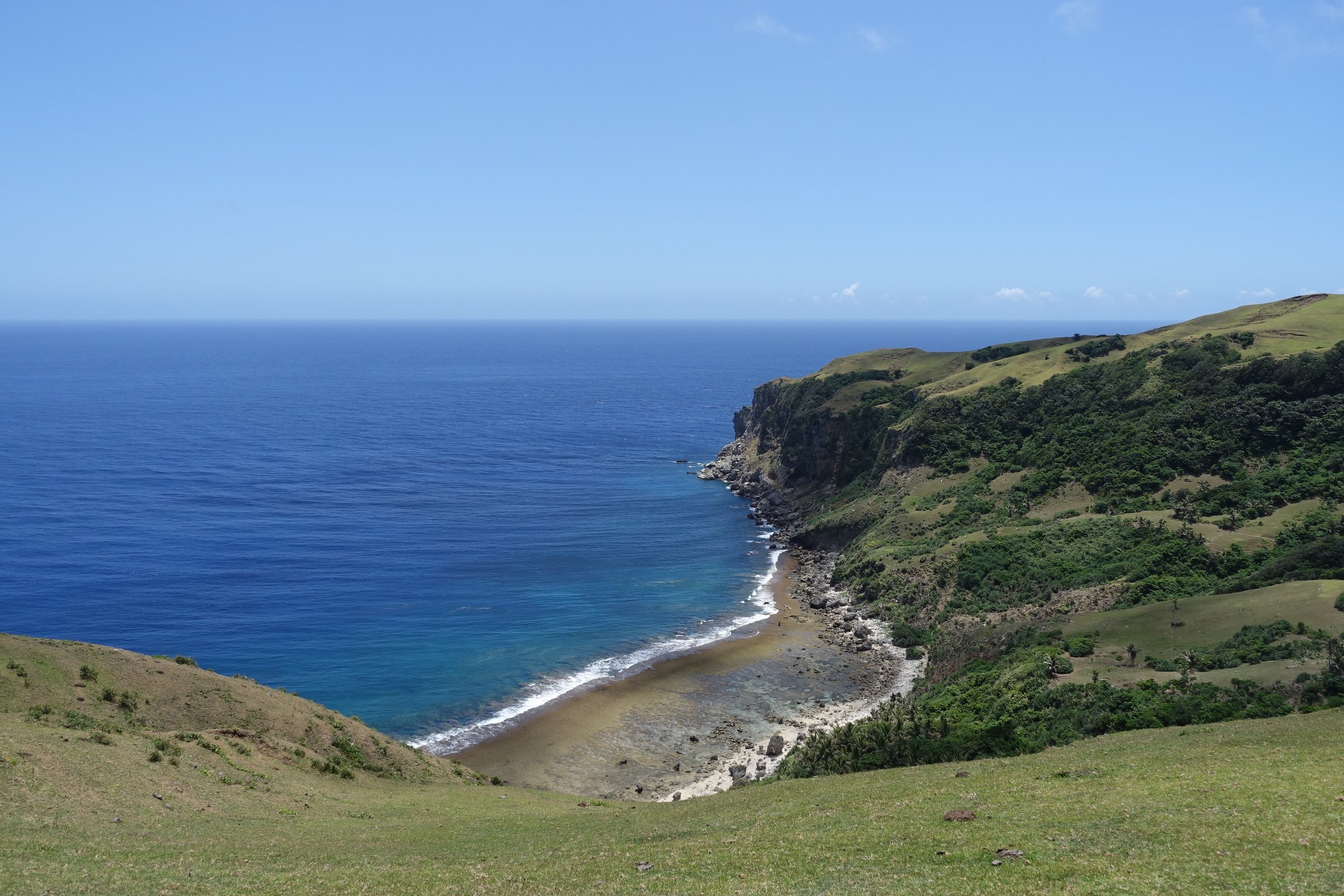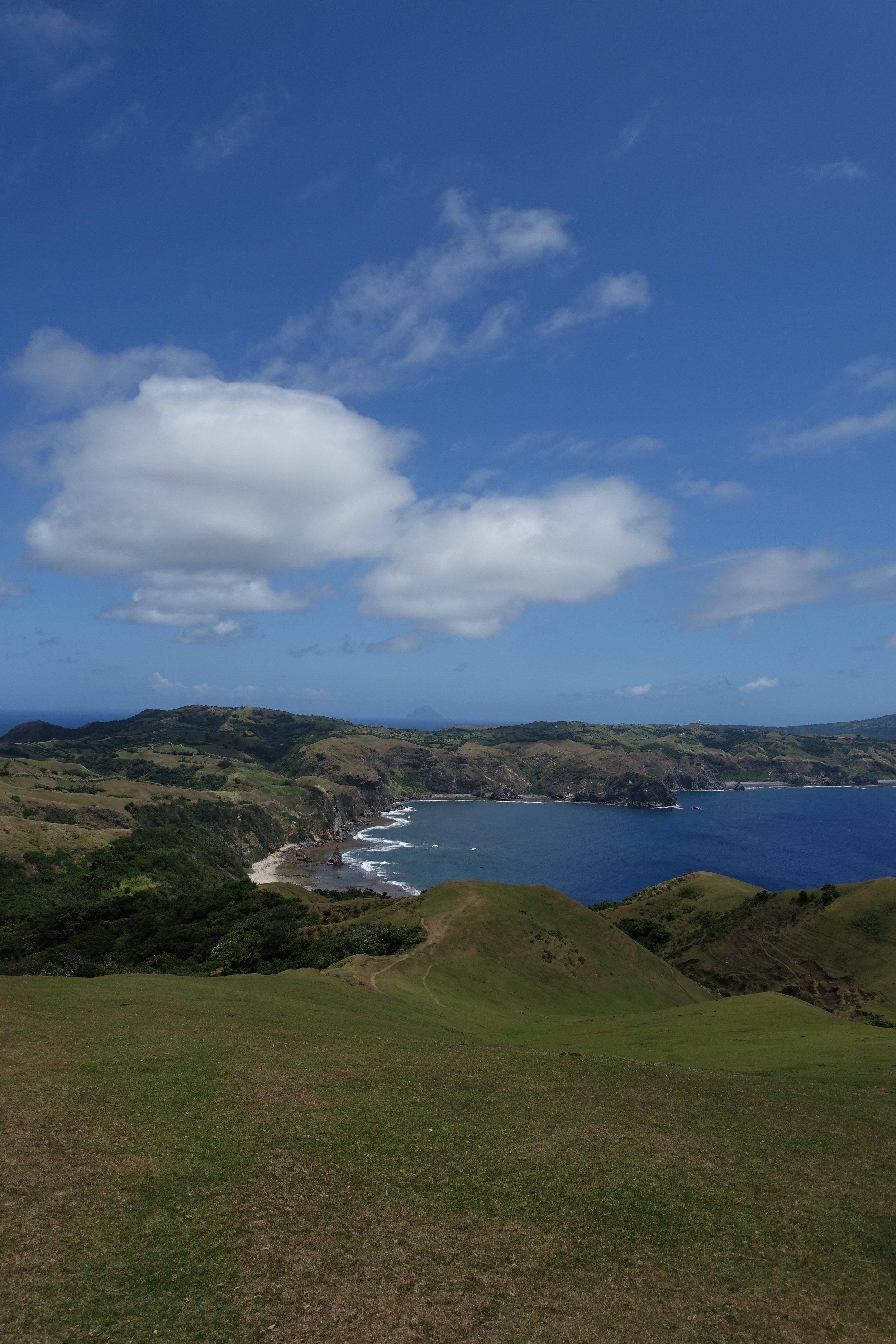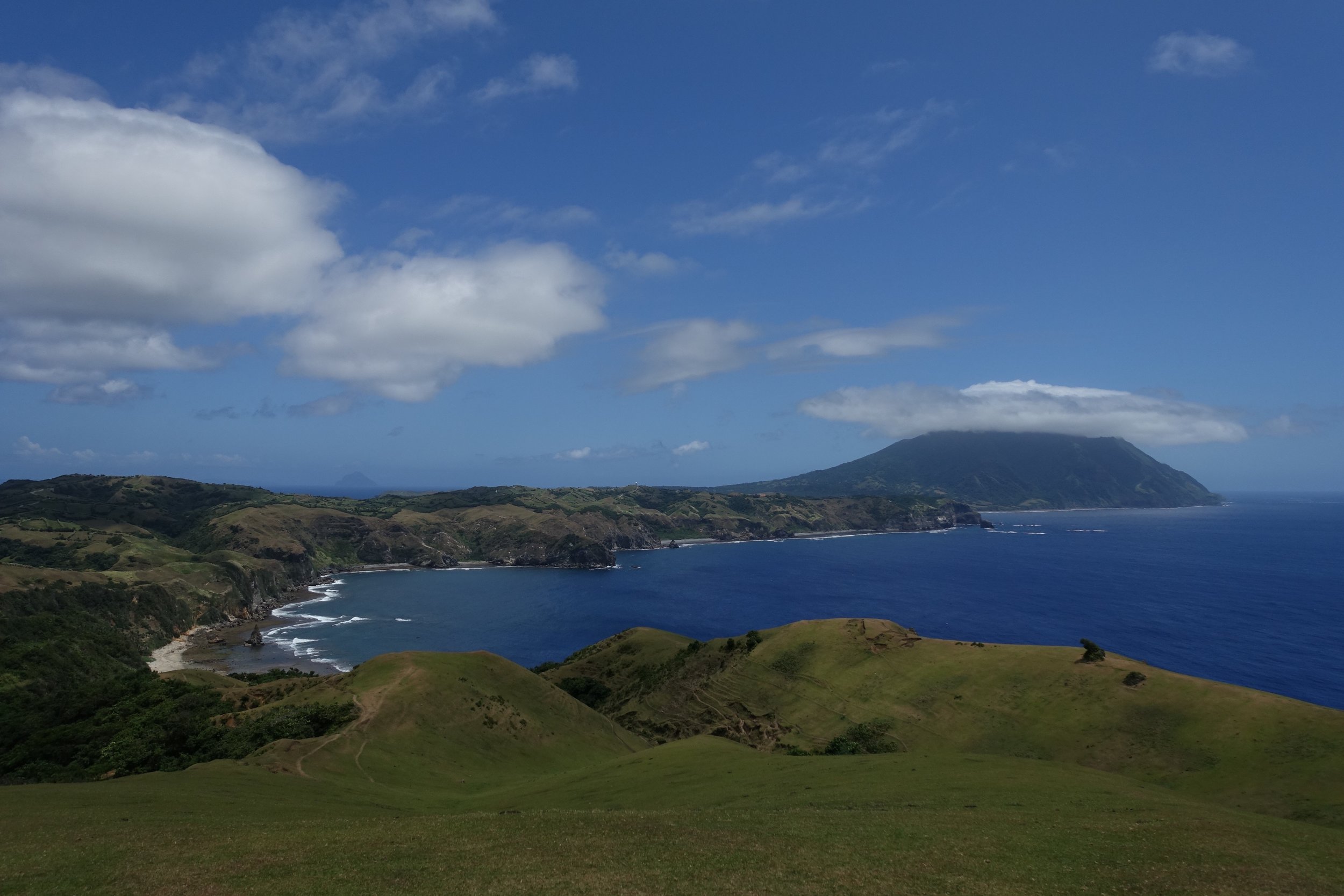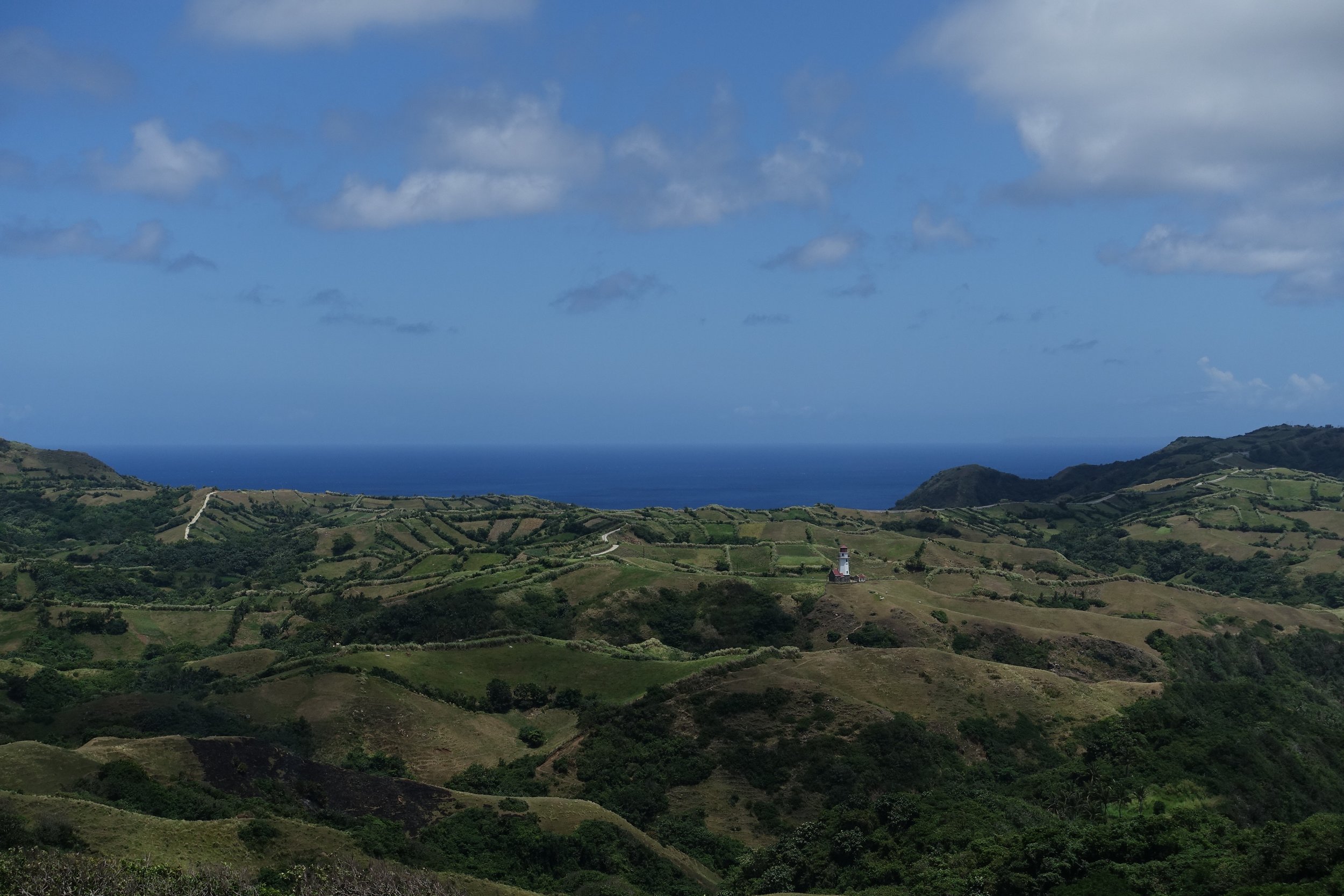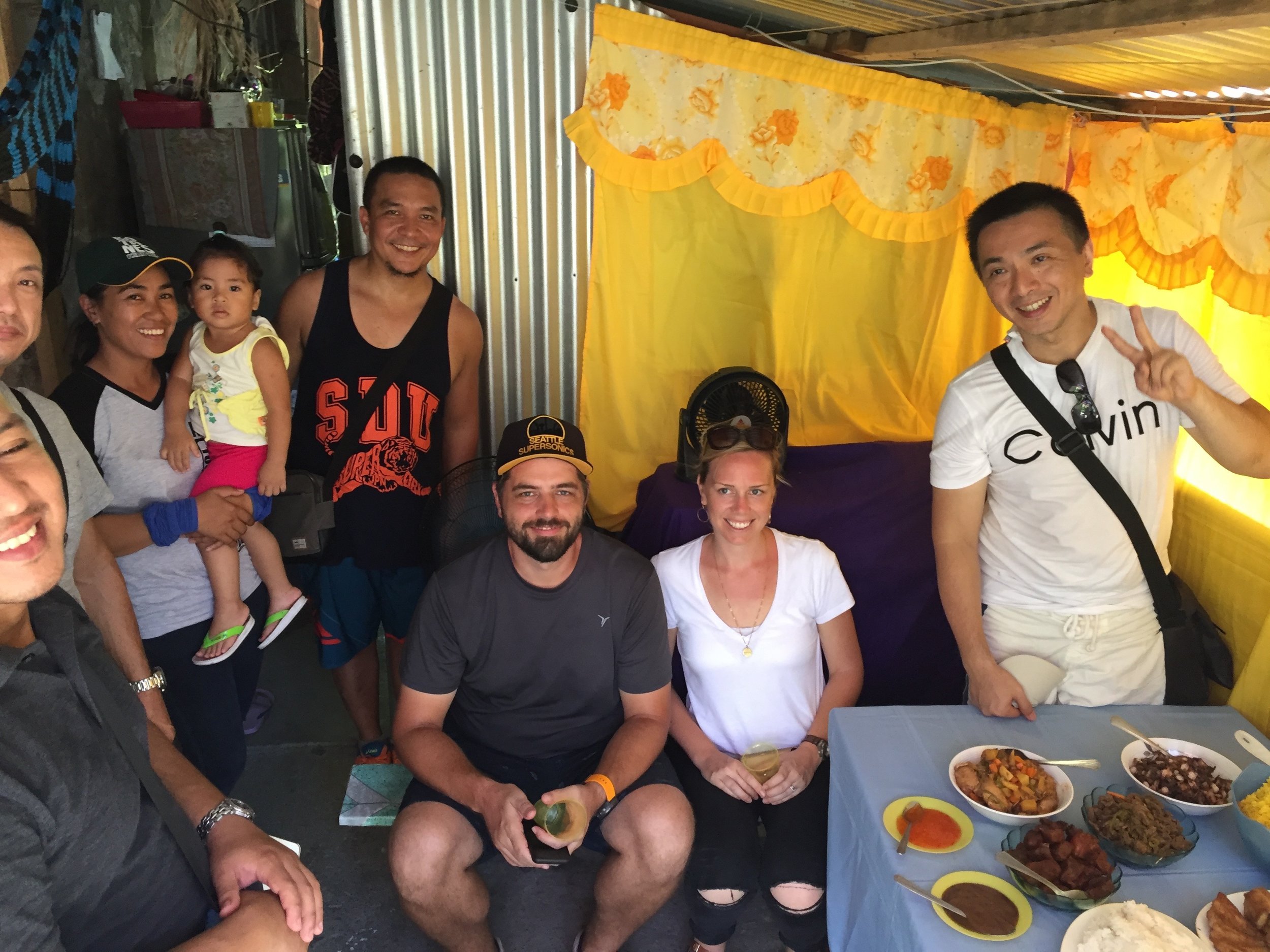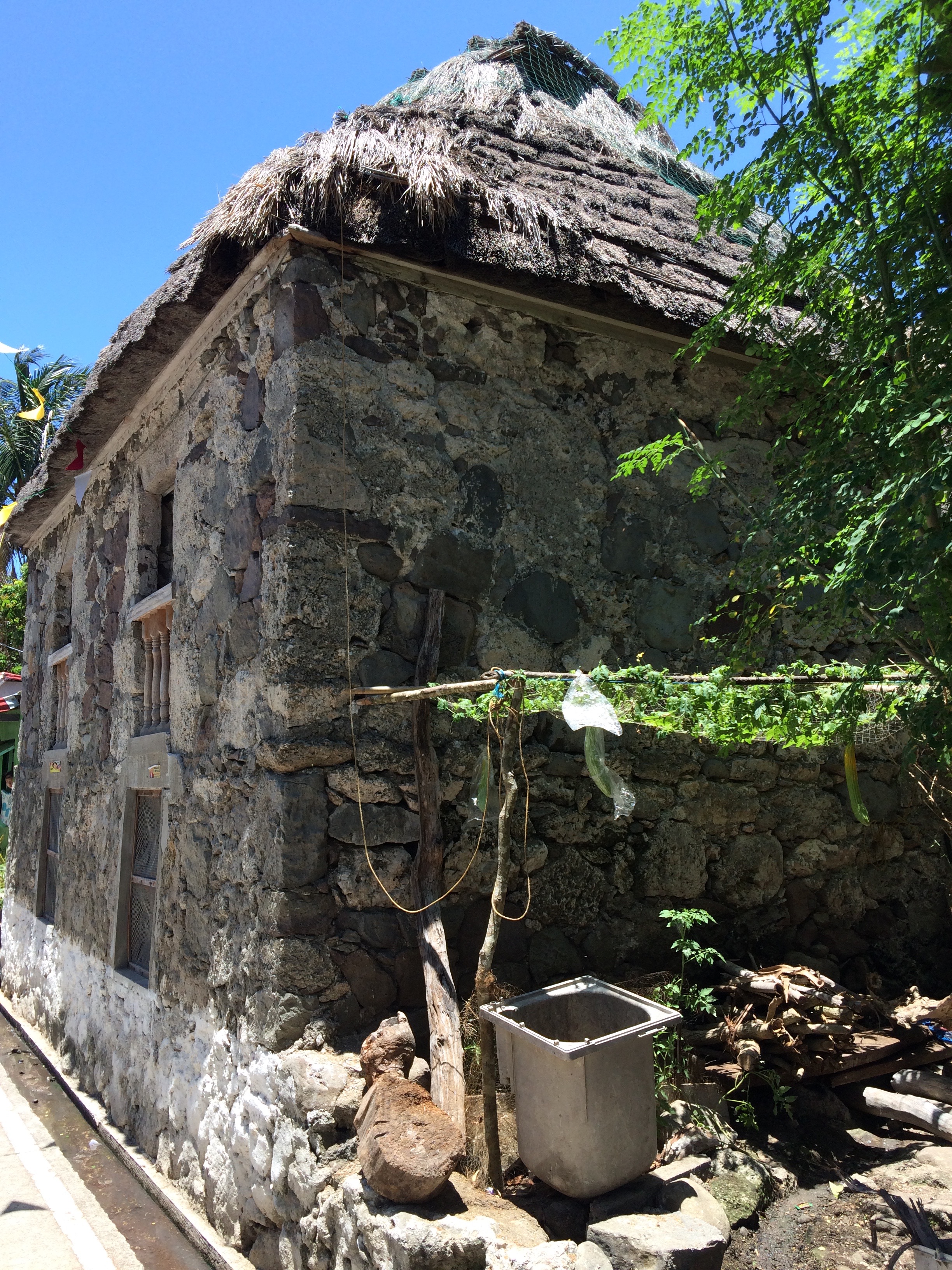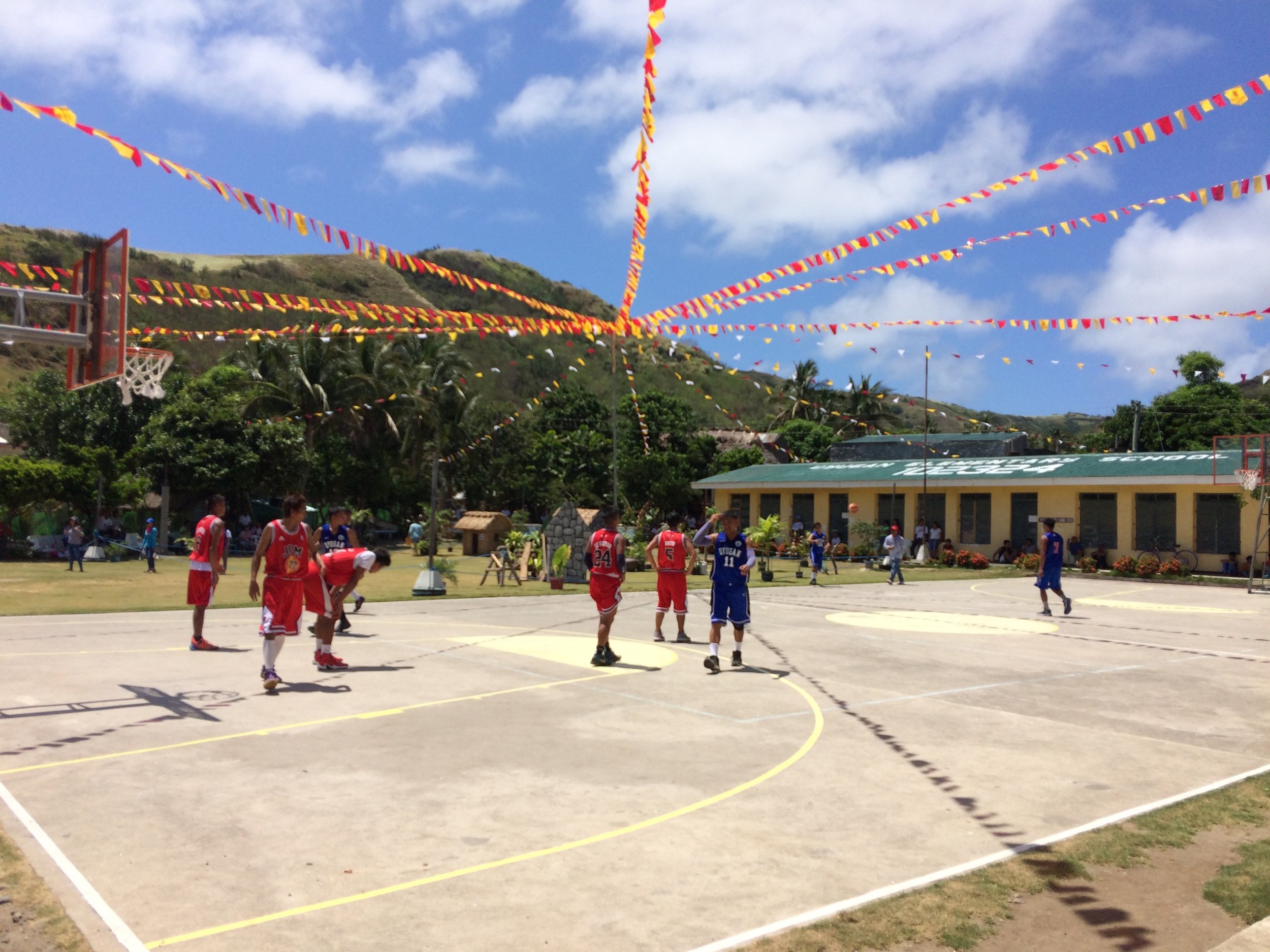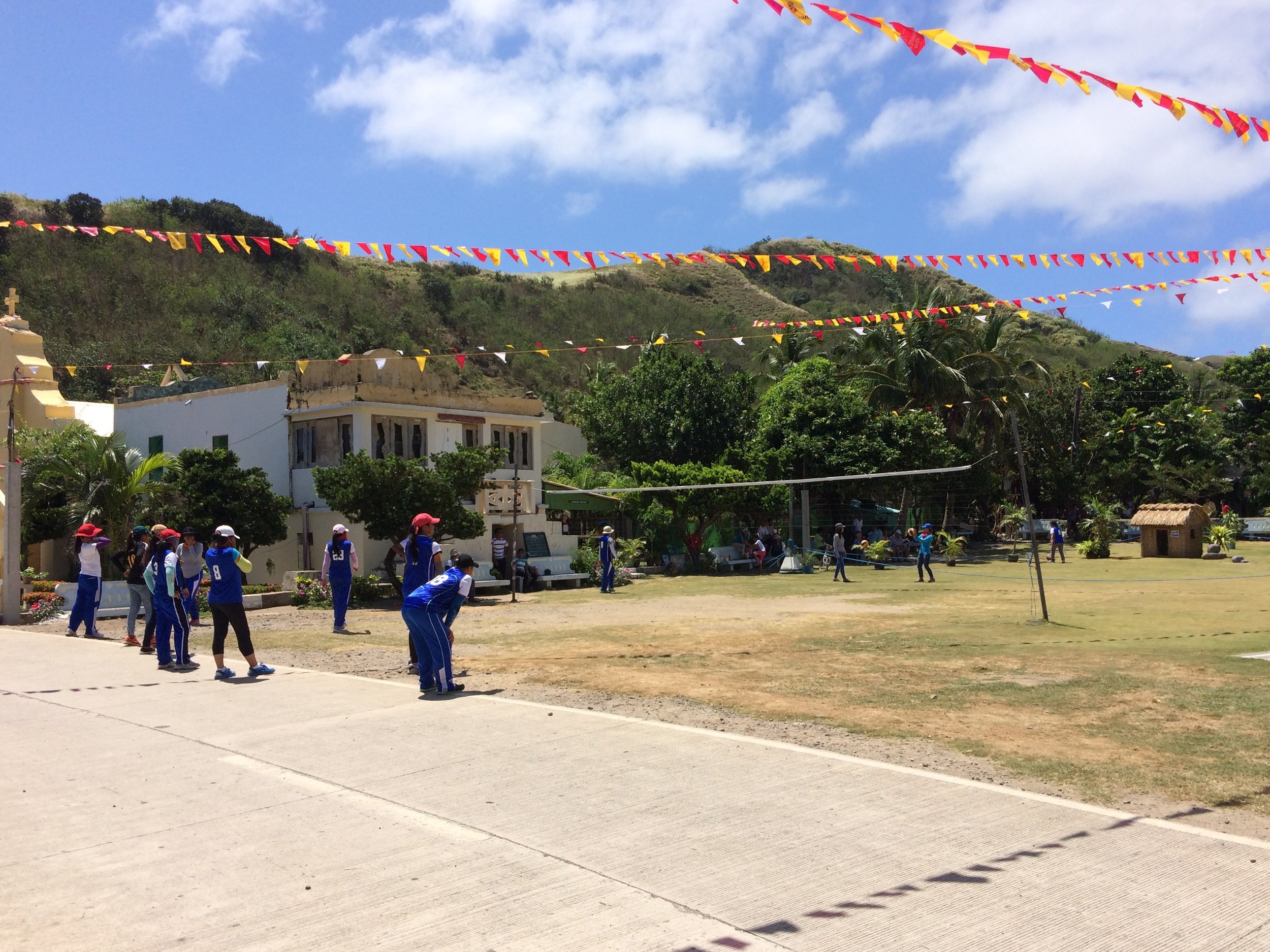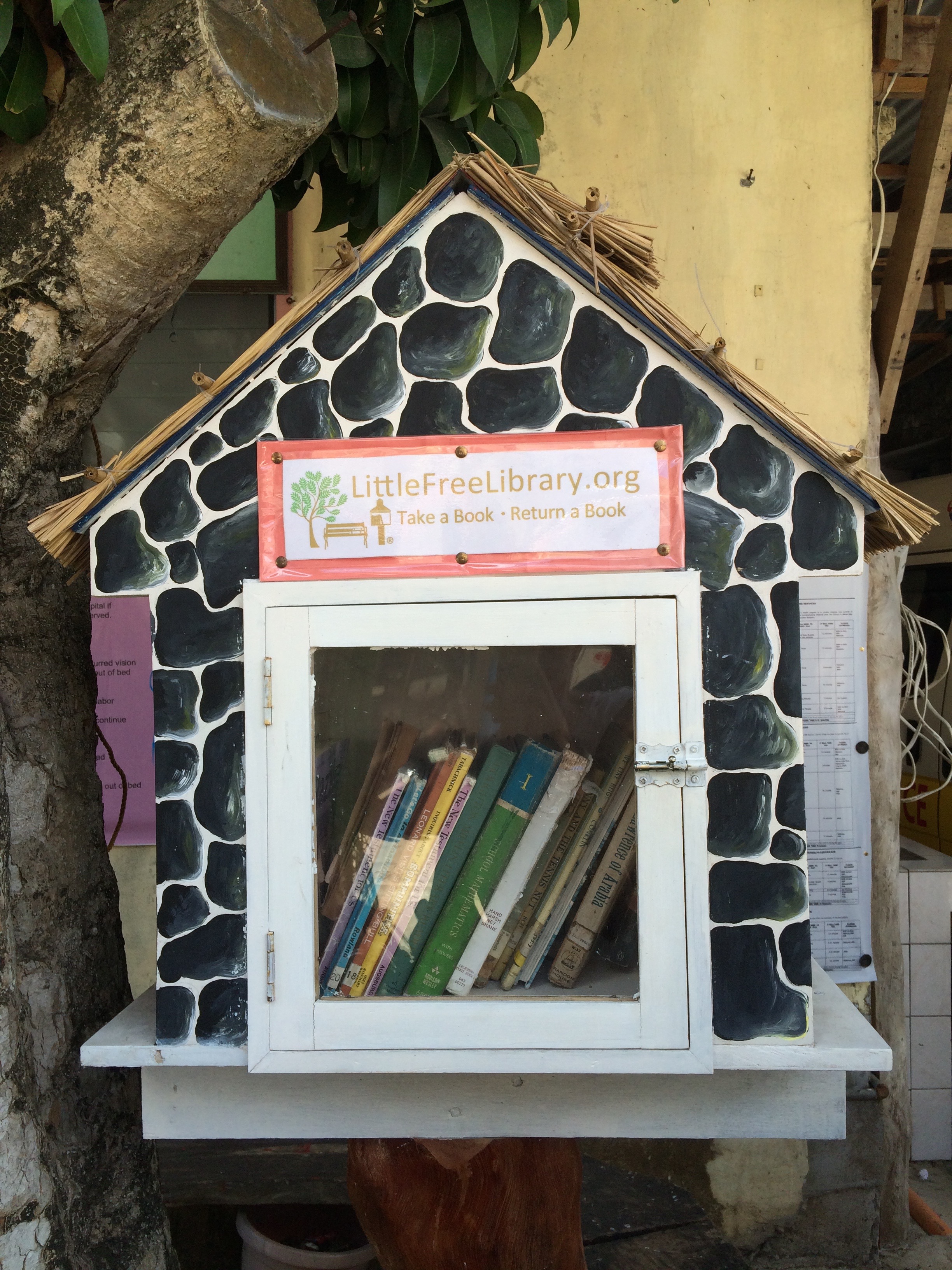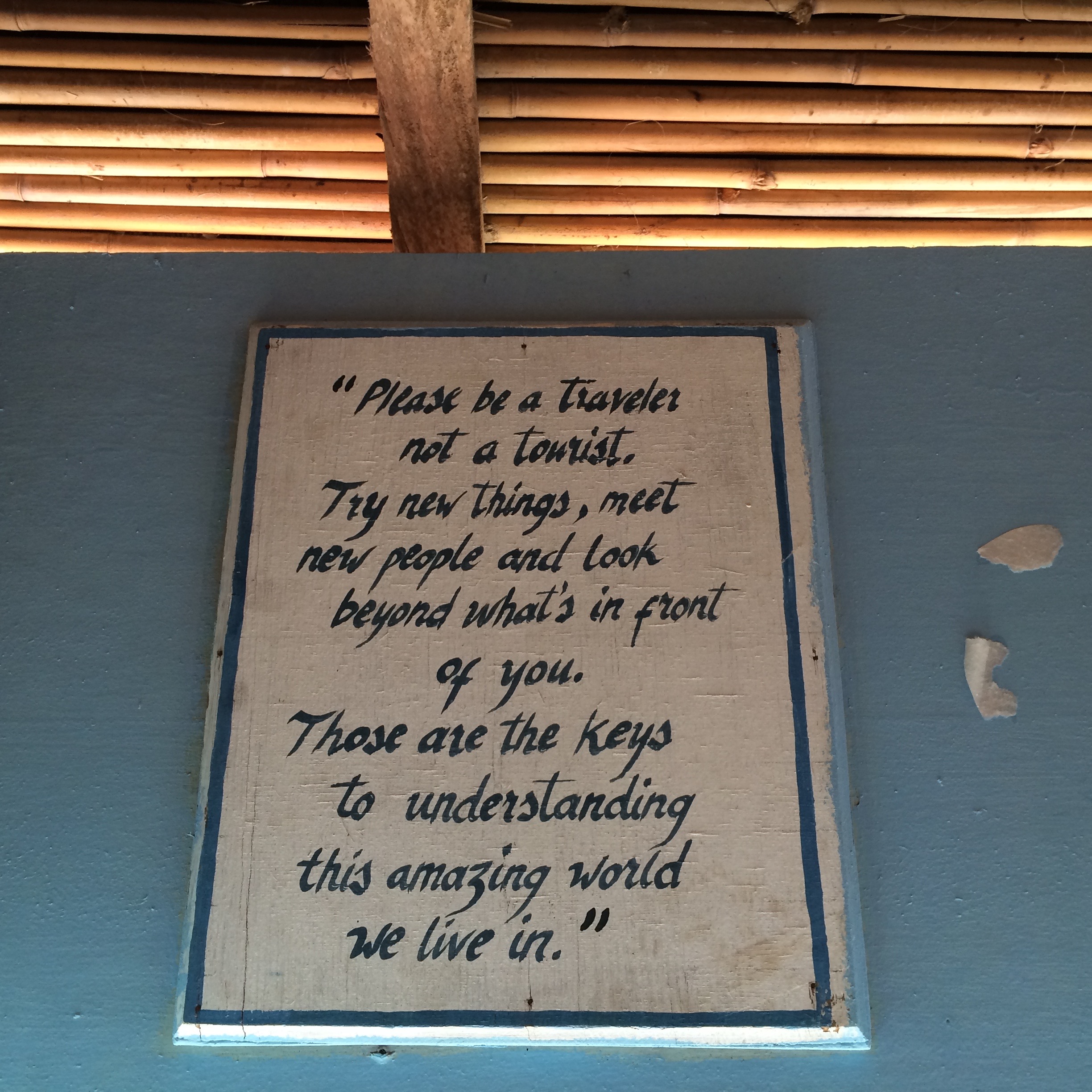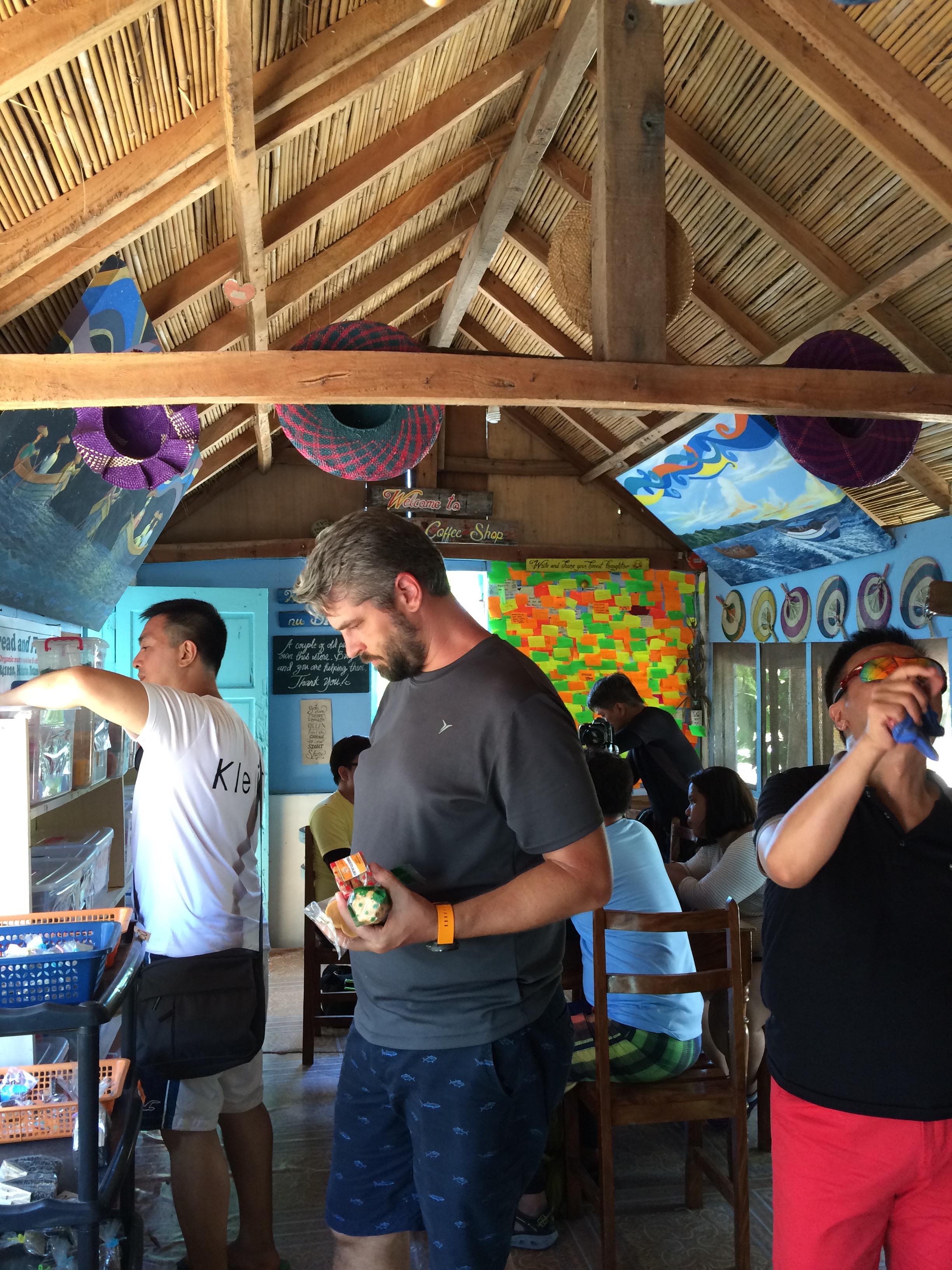South Batan Island, Batanes
DSC06147
*You can find introductory posts to Batanes here, here and here. When Ryan of Bisumi tours said he was from Mahatao, the next town over from Batanes, I wondered why he would live further away from the already small central town. I totally get it. Mahatao is definitely where you want to be if you live on Batanes. That place is so charming. Again, I am so glad we did the tour because there really is so much to see on Batan Island and you'll want someone who knows where to go. I personally think you should have a really long stay in Batanes, 10 days, or two trips. The first trip to see all the exciting picturesque landscapes and historical wonders and a second trip to just take it all in. Here is my attempt to cram wonder and beauty into a single post. Just looking at these photos while I write this post stirs emotions. The Philippines really is a beautiful wonder.
DSC06119
Why not start your morning with a little hike to a Chawa View Deck? No swimming but tide pools galore. And look at that blue sea? It just goes on and on.
DSC06154
Shelter Port was one of the first photos I ever saw of Batanes. It captivated me. I immediately knew I wanted to go there and see it for myself. It was of course, even more magnificent in person. On the top of the ridge next to Shelter Port you will find this view. Another light house, another view.
DSC06160
DSC06162
Looking down from the ridge to Shelter Port. Ivatan culture is very heavily influenced by fishing. The Ivatan people continue traditional rituals of sacrifice before every fishing season. They also take great pride in their 'Gold Flying Fish.'
I am not Catholic but I still love visiting this historically and architecturally rich icons.
DSC06195
DSC06193
DSC06220
I have never in all my five years or travel in The Philippines seen softball! I about died with kilig as we watched these cute girls play, in the hot hot heat no less.
DSC06223
I have seen basketball, volleyball and soccer but never softball. It was so funny to see a piece of my own culture way up here on a remote northern island in The Philippines.
DSC06216
DSC06232
DSC06242
DSC06262
DSC06272
Does it ever stop? It really doesn't. You turn another corner and BAM! The bushes separating what appears to be plots of land are made from reeds flattened down and then weaved together to segregate land, it is traditionally called liveng/hedgerows. They also use this same technique to grow their crops. The reed lattices serve as support and the plants grow along it. The reeds are also used as ceiling materials for Ivatan houses.The Tayid Lighthouse was definitely my favorite lighthouse and we saw a lot of light houses. When you look out from Fundacion Pacita in the distance you will see the Tayid Lighthouse. It is perched perfectly to see the long stretches of the north and south parts of the island. Plus, the hills surrounding it just make it all the more perfect.
IMG_1522
DSC06273
DSC06279
DSC06301
None of my pictures do it justice but my goodness, Marlboro Hills will knock you on your butt. We just wanted to run and roll and lay. They are so vast and open the urge to run is permitted and strongly encouraged. It was like being a caged animal and finally released.
IMG_3269
Itbud is where you will find more traditional homes in the Ivatan style with the large boulders. I loved the slow life in Itbud. These homes were built in the 1800's and are still being used today. How fascinating.
We were able to have lunch in the home of our tour guide. They were even having a fiesta that day so we saw some of the athletic events. Athletics seemed to be very popular in Batanes and a part of their culture and fiestas.
IMG_3278
The Honesty shop is such a cool concept and works so well in Batanes. I think it represents so much of the culture and way of life in Batanes. The Ivatan all work together in a community to build houses for one another and of course fish and grow crops together to this day, the term is known as kamañidungan. It truly is so communal. The Honesty Shop is a testament to how well their culture does this.
IMG_3285
IMG_3295
IMG_3298
House Dakay is the oldest house in Ivatan and the most photographed. It was originally built in 1887 and the shutters and floors have never been replaced! The great granddaughter and her family still live there today. It was remarkable to walk inside and see modern life inside such an old structure.
IMG_3300
IMG_3301
IMG_3305
IMG_3465
The Spanish Bridge is well known for its story of being made during the Spanish rule to ease the travel to attend church. It is still being used today. A prize at the end of our long day was the Blue Lagoon. I almost felt bad swimming here because it was such a local spot I didn't want to ruin it with too many tourists. With that being said, we totally swam and enjoyed ourselves here. It took me a few days to figure out why these signs were everywhere and on T-shirts and magnets. The roads are so small and windy that many patches only have space for one car, you need to 'blow ur horn' to indicate there is a car on the road. What an incredible way of life.
IMG_3501
DSC06475
Shhhh a secret spot some might say! Ranum ni Kumalakal or Spring/Fountain of Youth found in Mahatao is not on any tours but you can get there yourself or ask your tour for a special stop. Worth it.



